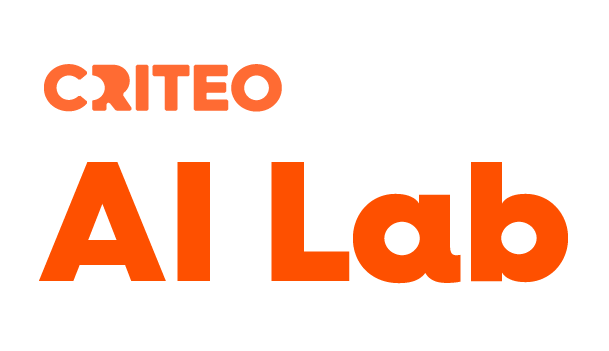Machine Learning in the Real World workshop featured top professors from leading universities in the world on December 2016 in our Paris headquarters. This recurring workshop aims to bring together people from the industry and from academia to better understand which machine learning algorithms are used in practice and what we can do to improve them.
Event highlights
Shie Mannor : Adaptive label acquisition in non-stationary environments
Abstract
Collecting and storing labels from different sources is key to train and evaluate supervised learning algorithms. However, labels are often expensive to obtain, thus selecting which items to get labels for is key to optimally use any available labeling budget, both when training and evaluating a model. At the same time, if available labels are not correctly used, incorrect or biased results can be produced.
In this talk I will discuss some of the challenges and potential pitfalls of acquiring and using labels for classification in an evolving environment. I will present a system that store labels, provides a way to select labels to optimize budget while providing accurate and unbiased evaluations of the classification models.
Nicolò Cesa-Bianchi: Algorithmic challenges in real-time bidding
Abstract
Online ads are mostly sold via second-price auctions run on a per-impression basis by ad exchanges. Publishers can boost their revenues by dynamically choosing the reserve price in each auction. In this talk we review the main algorithmic challenges that arise in the context of reserve price optimization. Our focus will be on regret minimization approaches with mathematical guarantees on their performance. We will consider various practical issues including exploiting auction features and coping with strategic bidders.
John Shawe-Taylor: Conditional Mean Embeddings for Reinforcement Learning
Abstract
Conditional Mean Embeddings (CME) provide a way of learning to estimate expectations under unknown distributions. We consider their application to learning the system dynamics for Markov Decision Processes (MDPs). This results in a model-based approach to their solution that reduces the planning problem to a finite (pseudo-) MDP exactly solvable by dynamic programming. Unfortunately the size of the finite MDP scales badly with the amount of experience. By approximating the loss function of the CME the size of the induced (pseudo-) MDP can be compressed while maintaining performance guarantees. At the same time the CME model can itself be approximated using a fast sparse-greedy kernel regression. The performance of the composite method compares favourably with the state-of-the-art methods both in accuracy and efficiency.
Jonas Peters: Connections between causality and machine learning
Abstract
Causal knowledge is required in order to predict a system’s response after an intervention. In this talk, we argue that machine learning methods can benefit from causal ideas in problems that go beyond predicting variables in interventional settings. Connections to systematic noise removal, reinforcement learning and domain adaptation exist but are not yet fully understood. We present applications in advertisement and exoplanet search. The talk covers joint work with numerous people, including B. Schoelkopf, D. Janzing, L. Bottou and M. Rojas-Carulla.
We look forward to bringing you an exciting 2017 edition with once again higly sought after presenters and interesting discussions.
